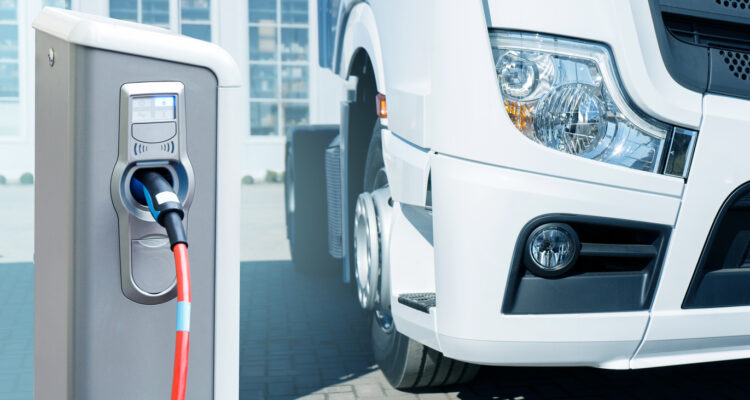The UK government’s decision last year to delay the ban on the sale of new petrol and diesel (ICE) vehicles to 2035 continues to rumble on.
While some argue that the delay — announced by Prime Minister Rishi Sunak — was warranted, there are those who feel short-changed after investing sizeable sums in anticipation of the original 2030 deadline.
For example, many organisations have bought EVs and now find that there is little infrastructure to support this move. And with the new deadline moving to 2035, there is a sense that the pressure is off — for the time being at least — meaning that some well-organised businesses are somewhat left holding the bag.
Fleet managers still committed to net zero
Following the PM’s decision, Samsara conducted a survey of 60 fleet managers to try and assess the mood within the industry.
While confidence in the initiative has undoubtedly been shaken, it’s not all bad news. The drive to be more eco-friendly is still there, with over eight in ten (82%) fleet managers committed to reducing fleet-based emissions.
What’s more, 60% believe that extending the ban will be a net positive for the UK. After all, an extra five years will provide more time for charging infrastructure to be built and further advancements in green technology to be made.
Despite the enthusiasm and pragmatism surrounding the government’s changes to net-zero deadlines, some concerns remain among fleet managers. This apprehension stems from the fact that, at the time of the announcement, 85% of fleet businesses already had plans in place to meet the 2030 deadline.
Of these organisations, 44% are reconsidering their shift to EVs while 41% are slowing down their plans.
Worse still, 85% said they had already invested money in EVs, with a third (33%) revealing that money has been wasted.
Data platforms are ideal for multi-fuel fleets
Amidst the uncertainty prevailing in the industry, there is a silver lining.
Some fleets that embraced the shift to EVs also invested in IoT platforms to help with the transition. Others already had a connected data platform in place which was able to accommodate the management and transition to EVs.
In both cases, the procurement of a connected data platform will continue to be a valuable investment, regardless of what happens with net-zero.
While some fleets may have invested in IoT platforms as part of their decarbonisation efforts, it’s important to note that such platforms are fuel agnostic. They’re able to oversee multi-fuel fleets whether that’s diesel, petrol, electric — or even hydrogen.
This is important since the transition to EVs will look different for every business, with each fleet having its own set of unique challenges and needs. Topography, weather, and access to charging points are just a few of the things that IoT platforms can analyse and help determine which vehicle is best suited to the task at hand.
They also have the added benefit of providing real-time data on driver performance. Driving electric vehicles is, of course, very different to traditional diesel vehicles, and having access to the data can help pinpoint areas where additional education is needed.
The truth is that those who have already invested in technology and IoT platforms to manage their transition to EV fleets will be better off. Having an IoT platform gives fleets the knowledge to be able to adapt almost instantaneously to any change — big or small.
Author: Philip van der Wilt, GM and SVP EMEA, Samsara






